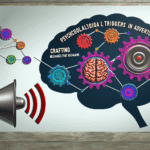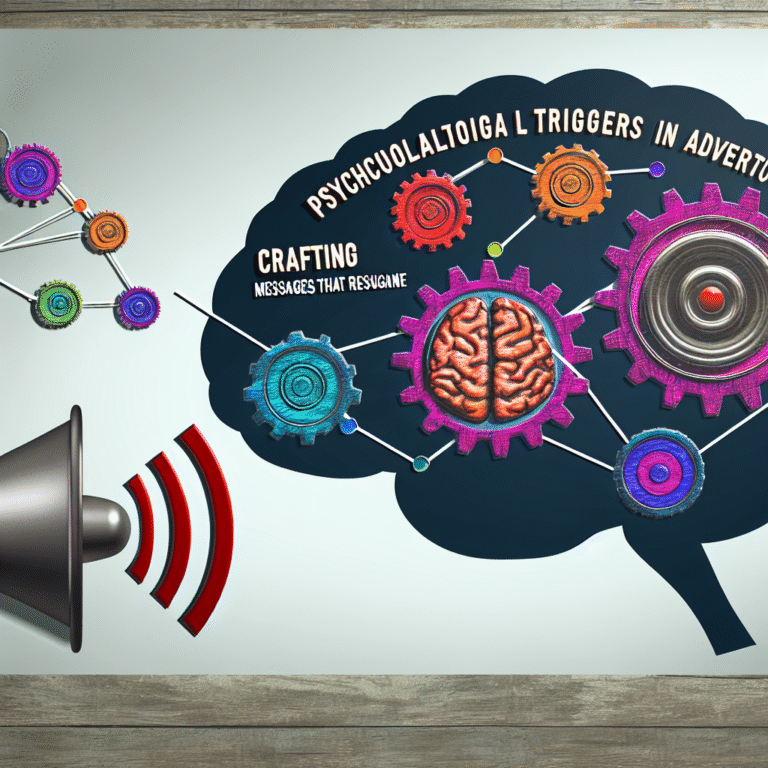
Introduction
In today’s fast-paced world, stress has become a common companion for many of us. From work deadlines to personal responsibilities, the pressures of everyday life can leave us feeling overwhelmed and anxious. But what if I told you that the solution to this mounting stress might be as simple as taking a few minutes each day to quiet your mind? That’s right—why meditation should be your go-to stress buster is not just a catchy tagline, but a pathway to improved mental well-being and emotional resilience.
Imagine walking through a tranquil forest, each step calming your mind as the fresh air fills your lungs. This mental space is what meditation can offer, allowing you to disconnect from daily stressors and reconnect with your inner self. In this article, we’ll dive deep into why meditation is an essential tool in combating stress, providing unique insights, relevant case studies, and practical strategies that will empower you to make meditation a part of your daily routine.
The Science Behind Stress
Understanding Stress
Stress is your body’s natural response to challenges or demands. While it can sometimes motivate us to perform better, chronic stress can lead to adverse effects on both our mental and physical health. According to the American Psychological Association, prolonged stress increases the risk of cardiovascular disease, diabetes, and other health problems.
Physical and Emotional Impact
Table 1: Effects of Chronic Stress
| Area | Effects |
|---|---|
| Mental Health | Anxiety, depression, decreased cognitive ability |
| Physical Health | Headaches, digestive issues, high blood pressure |
| Immunity | Weakened immune response |
| Relationships | Increased irritability, conflicts |
Understanding these effects underlines the urgency of finding effective stress relief strategies. This brings us back to our primary focus: why meditation should be your go-to stress buster.
How Meditation Works
What is Meditation?
Meditation is the practice of focusing your mind to achieve a state of calm. This mindfulness encourages awareness of the present moment while helping to quiet the mental chatter that often contributes to stress.
The Benefits of Meditation
Research shows that meditation has numerous benefits that specifically help combat stress:
- Reduces Anxiety: Studies from Harvard University found that mindful meditation can significantly lower anxiety levels, leading to a more peaceful state of mind.
- Enhances Self-Awareness: Meditation fosters a deeper connection with oneself, promoting better emotional regulation.
- Improves Concentration: A study published in "Cognitive, Affective, & Behavioral Neuroscience" demonstrated that just a few weeks of meditation can enhance focus and cognitive function.
Case Studies: Real-World Applications
Case Study 1: Google’s Mindfulness Program
Google implemented a mindfulness-based program known as "Search Inside Yourself." Why meditation should be your go-to stress buster became evident as employees reported increased focus, reduced stress levels, and improved emotional intelligence. Participants experienced greater job satisfaction and reported feeling more connected to their purpose at work.
Case Study 2: Veterans and PTSD
Meditation is also being used as an alternative treatment for veterans suffering from PTSD. A study from the University of California San Diego found that veterans who practiced mindfulness meditation experienced marked reductions in PTSD symptoms. This highlights that meditation can be a powerful ally in managing high-stress conditions.
Different Types of Meditation
1. Mindfulness Meditation
Focusing on the present moment and accepting it without judgment.
2. Transcendental Meditation
Involves silently repeating a mantra to settle the body into a state of profound rest.
3. Guided Meditation
Listening to a facilitator’s instructions can help you visualize peaceful scenes, directing your mind away from stress.
4. Loving-Kindness Meditation
Involves sending love and goodwill to yourself and others, fostering connection and empathy.
Table 2: Types of Meditation and Their Benefits
| Type | Primary Benefits |
|---|---|
| Mindfulness | Increased awareness and acceptance |
| Transcendental | Deep relaxation and stress reduction |
| Guided | Focus and visualization for stress relief |
| Loving-Kindness | Enhanced relationships and emotional warmth |
Practical Steps to Get Started
Setting the Scene
- Find a Quiet Space: Choose a comfortable spot where you won’t be disturbed.
- Limit Distractions: Turn off your phone notifications to create a conducive environment.
Begin Your Practice
- Start Small: Begin with just 5–10 minutes a day, gradually increasing the duration.
- Use Guided Apps: Platforms like Headspace or Calm provide easy access to structured meditation practices.
Develop a Routine
Consistency is key. Try to meditate at the same time each day to create a habit. Whether it’s morning, afternoon, or evening, find what works best for you.
Track Your Progress
Keeping a journal can help you reflect on how meditation impacts your stress levels and emotional state.
Unlocking the Future of Your Mental Well-Being
Imagine a life where stress no longer dictates your mood, decisions, or interactions. Why meditation should be your go-to stress buster offers the promise of achievement through mindfulness.
As you incorporate meditation into your life, remember that patience is crucial. The benefits may not be immediate, but with consistent practice, you will likely notice a profound shift in your mindset and emotional regulation.
Conclusion
In conclusion, why meditation should be your go-to stress buster is an answer rooted in science, personal experience, and practicality. As you embark on this journey, take solace in the transformative power of meditation. Not only does it combat stress, but it also empowers you to cultivate self-awareness, and emotional resilience, and ultimately, a greater sense of inner peace.
Actionable Insight
Take a moment to commit to your meditation journey. Set aside ten minutes each day this week to meditate, noting how you feel before and after. Reflect on your experiences and recognize the valuable insights they offer.
FAQs
1. How long should I meditate each day?
Start with 5–10 minutes, gradually increasing to 20–30 minutes as you become more comfortable.
2. Can meditation replace therapy?
While meditation can be a powerful tool for stress relief, it is not a replacement for professional mental health treatment. Consult a professional if you have serious mental health concerns.
3. What if my mind wanders during meditation?
It’s completely normal for your mind to wander. Gently bring your focus back to your breath or the guiding meditation without judgment.
4. Do I need special equipment to meditate?
No special equipment is necessary. Just find a comfortable location and use your breath as your anchor.
5. Can anyone meditate, regardless of age or background?
Absolutely! Meditation is for everyone, and it can be adapted to suit individual needs and preferences.
By embracing meditation as your daily ally, you empower yourself to manage stress effectively, paving the way for a more balanced, fulfilling life.

















